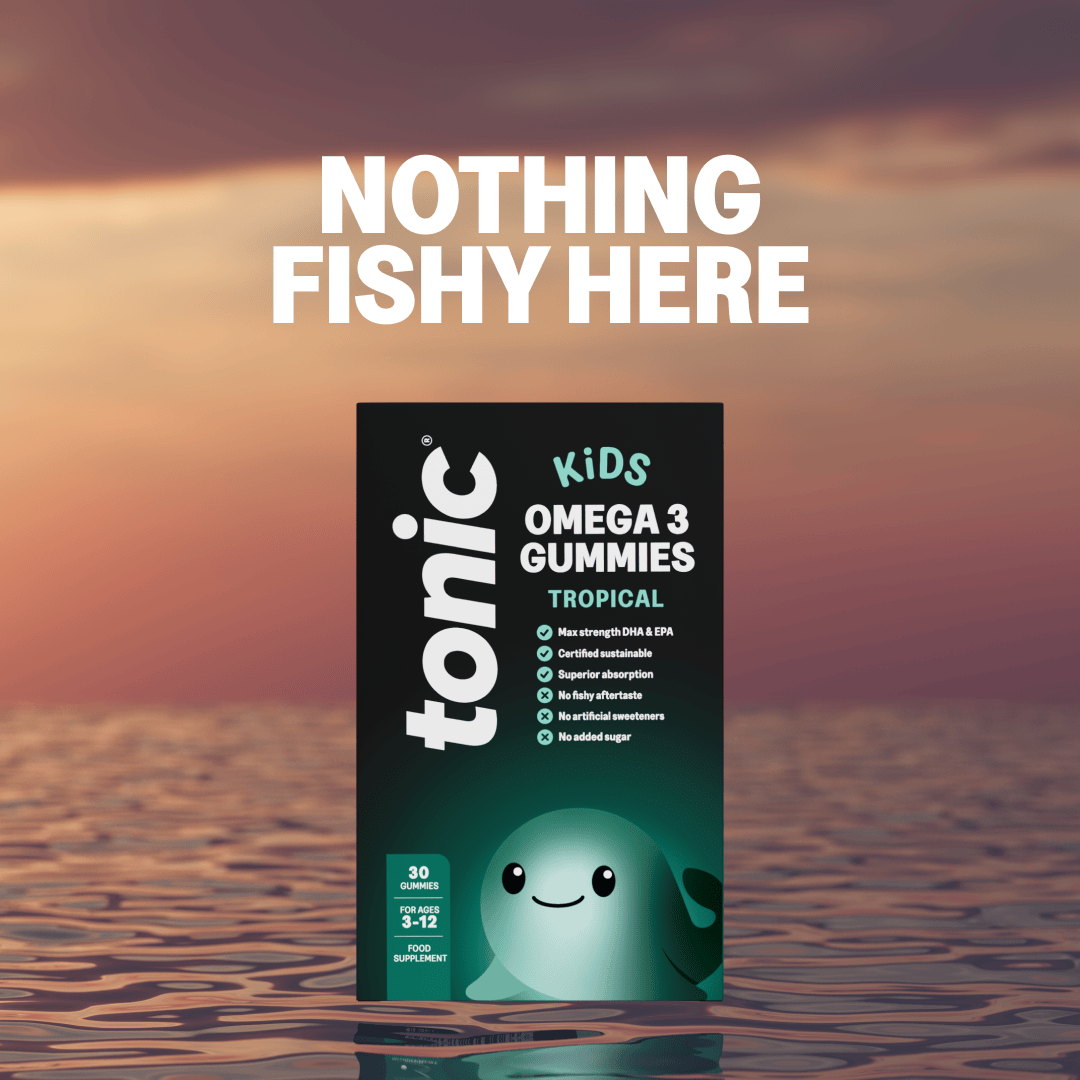What is Zinc?
Zinc is a key micronutrient and mineral that is essential for the body in numerous ways, it keeps the immune system strong, helps heal wounds, and supports normal growth. A lack of zinc can make a person more susceptible to disease and illness. It is responsible for several functions in the human body, and it helps stimulate the activity of at least 100 different enzymes. It affects how our cells respond to infections and can help keep inflammation under control.
Where can you find Zinc?
Our bodies can’t make zinc, which means that it must come from our food or from supplements. The element is naturally found in many different foods, such as beans, shellfish, and wholegrains.
How Does it Help Our Immune System?
Researchers say they have gained a key insight into how zinc helps the immune system fight infection. One study shows that zinc stops the immune system from spiraling out of control and the researchers say the findings could also explain why taking zinc supplements at the start of a cold can stem its severity. If you’re low in zinc, you may find cuts and scrapes take longer to heal, you may have diarrhoea, and you’re more prone to getting ill.
The Benefits of Zinc:
Zinc as Immune Support
There are a number of ways zinc boosts the immune system but primarily it activates enzymes that break down proteins in viruses and bacteria, so they are less able to spread. Zinc also increases the activation of cells responsible for fighting infection.
In 2011, French researchers discovered that zinc helps cells destroy microbes such as E. coli by overloading them. Essentially, this poisons them, killing them off. Don’t worry though – the daily RDA for zinc is 7mg for women and 9.5mg for men. You’d have to consume at least 25mg a day for it to cause any problems.
Zinc and the Common Cold
Zinc has been shown to reduce the severity of the common cold in humans and possibly shorten its duration in certain studies.
"Whether this is because of improved balance in immune function, similar to what we report with sepsis, remains to be proven but perhaps requires further study," Dr Knoell said.
Zinc is an essential element that facilitates coordination of immune activation during the host response to infection. In a study by Dr Knoell, it was reported that zinc deficiency increases systemic inflammation, vital organ damage, and mortality in a small animal model of sepsis.
Zinc’s Effect on Inflammation
A growing area of research is looking at how zinc reduces inflammation in the body. Inflammation has been linked to conditions such as heart disease, depression and dementia.
A 2013 study by Ohio State University found that zinc is ‘lured’ into cells that fight infection, to help stop the immune system spiralling out of control. The scientists concluded that if there wasn’t enough zinc to support this response, then excess inflammation is triggered – potentially damaging cells and the body.
So, next time you’re feeling run-down, think about zinc! It can help you fight off infections today and protect your body from future damage, too.
Advice is for information only and should not replace medical care. Please check with your GP before trying any remedies.
Try Tonic Health today: Max Strength Zinc, Vitamin C, and Vitamin D.
Sources
- Science Daily. Zinc deficiency linked to immune system response, particularly in older adults. Accessed: https://www.sciencedaily.com/releases/2015/03/150323142839.htm
- Impact of Zinc Metabolism on Innate Immune Function in the Setting of Sepsis, Literature Review (PDF Available) in International Journal for Vitamin and Nutrition Research 80(4-5) : 271-7, October 2010, PubMed, Accessed: https://www.researchgate.net/publication/50990969_Impact_of_Zinc_Metabolism_on_Innate_Immune_Function_in_the_Setting_of_Sepsis.
- Science Daily. Zinc supplementation boosts immune system in children, review finds. Accessed: https://www.sciencedaily.com/releases/2014/05/140514205714.htm
- Prasad AS. Zinc in Human Health: Effect of Zinc on Immune Cells. Accessed: https://www.ncbi.nlm.nih.gov/pmc/articles/PMC2277319/
- Science Daily. Got Zinc? New Zinc Research Suggests Novel Therapeutic Targets. Accessed: https://www.sciencedaily.com/releases/2009/07/090730103740.htm
- Heavy metals boost immunity. Accessed: http://www2.cnrs.fr/en/1905.htm
- Public Health England. Government Dietary Recommendations. Accessed: https://assets.publishing.service.gov.uk/government/uploads/system/uploads/attachment_data/file/618167/government_dietary_recommendations.pdf
- Patient Info. Zinc Deficiency, Excess and Supplementation. Accessed: https://patient.info/doctor/zinc-deficiency-excess-and-supplementation-pro
- Zinc modulates the innate immune response in vivo to polymicrobial sepsis through regulation of NF-κB. Accessed: https://journals.physiology.org/doi/full/10.1152/ajplung.00368.2009.
- Science Daily. Zinc helps against infection by tapping brakes in immune response. Accessed: https://www.sciencedaily.com/releases/2013/02/130207131344.htm






Leave a comment
All comments are moderated before being published.
This site is protected by hCaptcha and the hCaptcha Privacy Policy and Terms of Service apply.